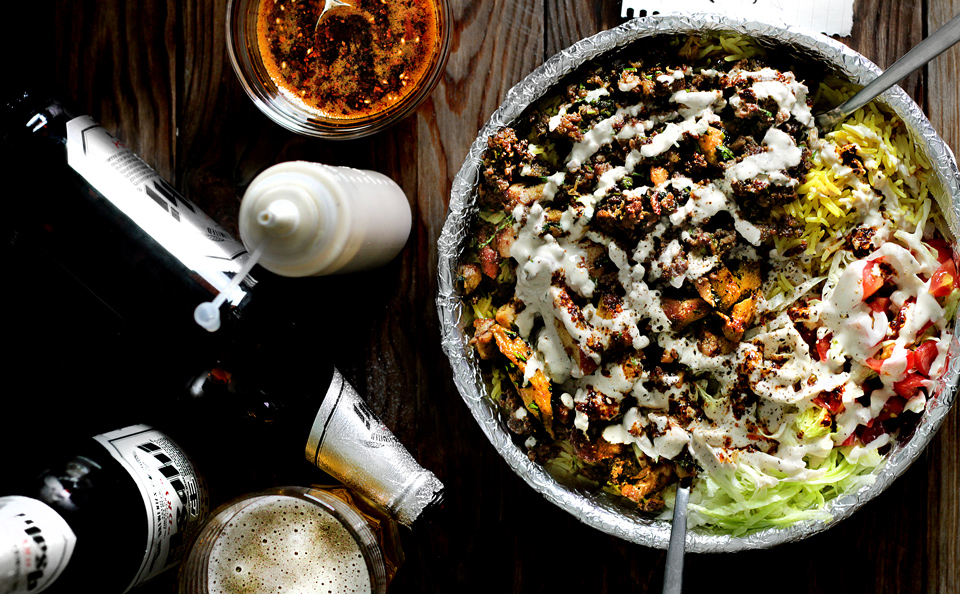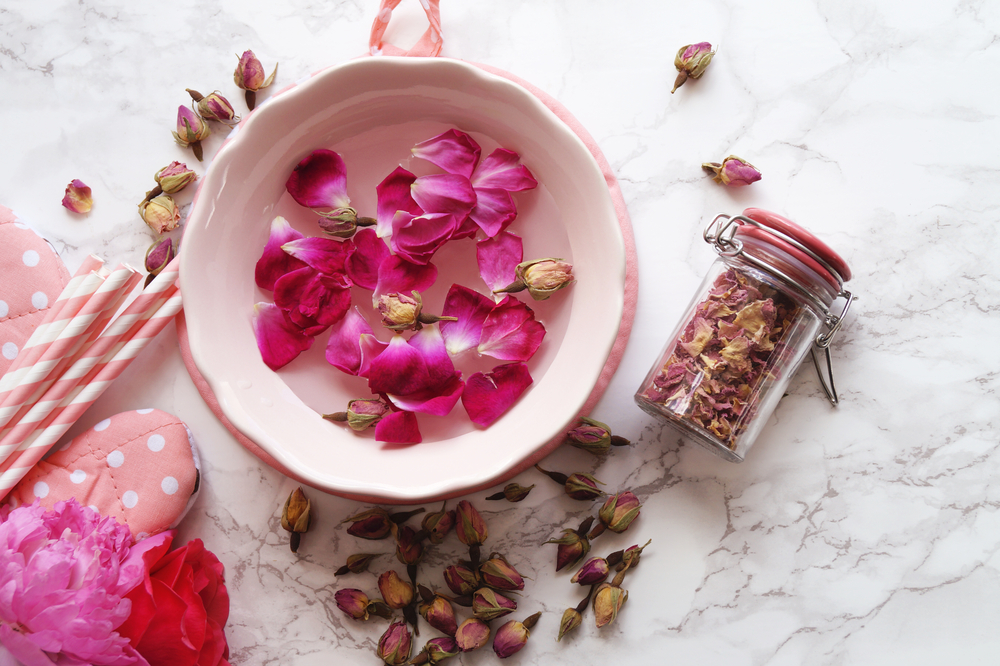Say Hello to Halal

It only took one hungry Sunday afternoon for me to stumble upon one of Paris’s best unspoken food hubs. In a desperate attempt to find groceries to pair with my unopened jar of truffle pesto that was virtually screaming at me from my refrigerator, I discovered that Parisian grocery stores and the city itself, in general, shuts down almost completely on Sundays.
Carrefour was closed by 13h my local Monoprix, which I can barely stand due to their deceiving fancy labels and marked up prices, was inevitably a lost cause as well. As I walked home in defeat, I noticed that one boucherie with big block letters reading halal running across the store banner was still open. I guess I always knew what halal was, but would I eat it? Duh, of course I would. Halal meant trying something new, something exotic, something bold, and most of all, I knew it meant the good imported stuff, hopefully for cheap. Needless to say, my shopping savoir instincts were right and I walked out with my unexpected pesto pairings and five reasons to always sniff out the halal markets.
Rosewater
Originally crafted in the Middle East, rosewater’s genesis story can be found in Persian cuisine and ancient perfumes. In modern times, it’s most frequently used in Turkish delight or baklava. Now, beauty experts are starting to exploit it for its princess-like qualities for outrageous prices, but you can find this gem beautifully bottled at your local halal store for about 3 or 4 euros. Use it to create a cocktail elixir made of gin, hibiscus syrup, and rosy champagne to maintain your beauty while you drink. For those feeling more lady-like, pack it in a spray bottle and use it as a facial toner throughout the day for a casual pick-me-up or brew your mint tea in it to calm overactive oil glands.

Rose water has a myriad of marvelous uses. Photo Credit: Shutterstock
Dried Fruit and Nuts
Halal markets and even the boucheries have some of the widest array of dried fruit and nut selections in Paris. Dried dates and goji berries sit so pretty next to apricots and kiwis you almost don’t want to touch them…until you see the price. I walked away with enough almonds and dried cranberries to last me a year for less than 10 euros. Your local Carrefour or Monoprix won't have half the selection and will charge triple.
Photo Credit: David Morgan-Mar
Spicy Sausage
Merguez is a sausage that is typical of many Parisian boucheries, but if you’re looking for real spice with a depth of flavor, go to a halal Boucherie and look for the heavily pigmented red sausage labeled Merguez Piquante. Like most Merguez sausages it will be made with either lamb or sheep, but with a heavy spice that any dish could use a dose of. Pounds of cumin, paprika, and spicy chilies make gives this sausage double the flavor for sometimes half the price. I got a kilo of Merguez Piquante for 8 euros and decided to toss it with my truffle pesto and penne for a fusion twist on a classic dish. After sautéing it with fresh spinach, minced garlic, a squeeze of lemon, and garnishes of cayenne pepper on top, I figured pairing it with some of my leftover Chilean red wine wouldn’t hurt either.
Photo Credit: x1klima
Bulk Spices
Long gone are the days where buying authentic spices in bulk required a plane ticket to Morocco. At halal markets you can find giant bags of nutmeg, cardamom, cinnamon, and curry blends for a just a few euros that you can stock up in your pantry and medicine cabinet as many of these spices have ancient medicinal properties. I’m often unashamedly stuffing shopping bags full of turmeric hoping its therapeutic colors will rub off on me. Turmeric is considered the golden spice in many cultures not only because of its sunny hue, but also because of its impressive healing abilities. Sauté it with coconut oil, raw black peppercorns, coconut milk, then add raw honey or agave for a cup of gold milk tea that will help with insomnia and a weak immune system.
Image Credit: Carlo Gaia
Imported Tea
Once you make it past the fruit, nut, and exotic spices, the fragrant teas wait patiently for you in giant humble bundles. As a lover of chaudes boissons, I can usually pack up more than a few bundles of loose leaf black sage, cardamom, Moroccan mint, and hibiscus tea for a total of less than 15 euros compared to the ostentatious retail blends that are placed in tin cans that go for much more. If you’re going to buy imports, do it the right way.
Image Credit: Mike Brighton





